The problem with homeschooling
The practice is barely tracked or regulated in the US and can easily conceal abuse

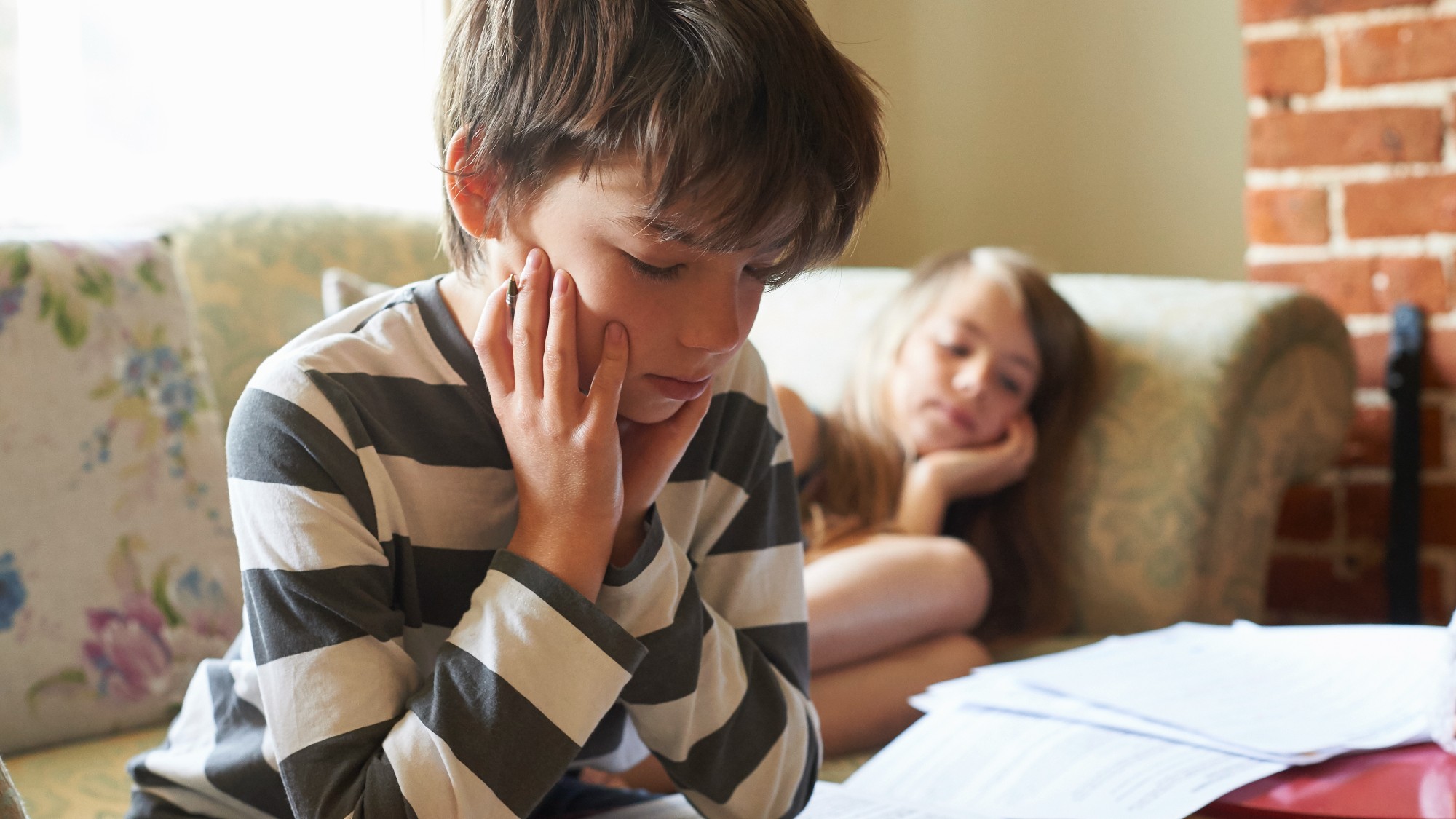
A free daily email with the biggest news stories of the day – and the best features from TheWeek.com
You are now subscribed
Your newsletter sign-up was successful
Jokes about homeschooled kids are a well-worn cliché: They are weird; they are geniuses; they are improperly socialized. But in the U.S., homeschooling also happens to be an unchecked practice. It is impossible to know how many kids are participating because "homeschooling is barely tracked or regulated in the U.S.," said Scientific American. Other countries have stricter requirements, including mandated curriculums or required home visits for children learning at home. But "many of America's new homeschooled children have entered a world where no government official will ever check on what, or how well, they are being taught," said The Washington Post.
Homeschooling was legal in all 50 states by 1993, though rules vary by state. While the practice was once associated with left-leaning parents aligned with '60s and '70s counterculture, it became part of a conservative movement in the '80s and '90s, with many families pulling kids out of school in order to give them a religious education at home. This trend has continued: Nearly 60% of parents in a National Center for Education Statistics (NCES) 2019 survey responded that "religious instruction was a motivation in their decision to educate at home," said Scientific American.
Homeschooling's popularity has increased. The NCES said that by their last count, in 2019, 1.5 million children, or almost 3%, were homeschooled, and that number is probably an undercount, since eleven states do not require parents to report that they are homeschooling their child. Homeschooling has particularly been on the rise since the Covid-19 pandemic, and parents' mounting concerns include school shootings and bullying. In a Washington Post-Schar School poll from earlier this year, many parents also claimed they "feared the intrusion of politics into public education," said the Post. Each family has its own value system, and most guardians would prefer to have a say in their kids' education. But when is homeschooling actually harmful to children?
The Week
Escape your echo chamber. Get the facts behind the news, plus analysis from multiple perspectives.

Sign up for The Week's Free Newsletters
From our morning news briefing to a weekly Good News Newsletter, get the best of The Week delivered directly to your inbox.
From our morning news briefing to a weekly Good News Newsletter, get the best of The Week delivered directly to your inbox.
A lack of regulation
While many parents who choose homeschooling believe they are acting in their kid's best interest, the lack of oversight is an issue — and not an accidental one. "For years, right-wing homeschool lobbying organizations in the U.S. have successfully fought attempts to introduce regulations over the process," said The Guardian. Many parents do not approve of schools teaching racial history or sexuality, a resistance that "matches the right-wing war on education."
Some states technically require parents to adhere to a public school curriculum but do nothing to enforce it. And while some states require homeschooled kids to be tested, many of them "allow the testing to take place at home, where the parents can do the testing, and just turn in the results," said The Guardian. This means guardians have free rein to teach their children whatever they want. It also means that children are in danger of "not learning basic academic skills or learning about the most basic democratic values of our society or getting the kind of exposure to alternative views that enables them to exercise meaningful choice about their future lives," said child welfare expert Elizabeth Bartholet.
Studies of homeschooled populations show that children's academic achievement depends heavily on their parents' education background. But in 40 states "parents do not need to have even a high school-level education to educate their children at home," said Scientific American.
A cover for abuse
An equally insidious problem is that homeschooling can all too easily conceal abuse. There is no state check required to determine whether parents have a history of abuse before they are allowed to pull their child out of school. State-run Child Protective Services departments "rely on 'mandated reporters' — typically school professionals or medical practitioners — to report suspected child abuse or neglect," said The Guardian. But "if a child is homeschooled, they are far less likely to come into contact with a mandated reporter."
A free daily email with the biggest news stories of the day – and the best features from TheWeek.com
While it is difficult to say how frequently homeschooling may obscure abuse, there is some troubling data. For example, "following the abuse and 2017 death of an autistic teenager whose mother had removed him from school, Connecticut's Office of the Child Advocate found that 36% of children withdrawn from six nearby districts to be homeschooled lived in homes that had been subject to at least one report of suspected abuse or neglect," said Scientific American.
Many child abuse experts "believe that the rates of abuse are much higher now as a result of children being kept at home," said child welfare expert Bartholet. They feel that more federal mandates in service of child protection are urgently needed.
Anya Jaremko-Greenwold has worked as a story editor at The Week since 2024. She previously worked at FLOOD Magazine, Woman's World, First for Women, DGO Magazine and BOMB Magazine. Anya's culture writing has appeared in The Atlantic, Jezebel, Vice and the Los Angeles Review of Books, among others.
-
 Political cartoons for February 12
Political cartoons for February 12Cartoons Thursday's political cartoons include a Pam Bondi performance, Ghislaine Maxwell on tour, and ICE detention facilities
-
 Arcadia: Tom Stoppard’s ‘masterpiece’ makes a ‘triumphant’ return
Arcadia: Tom Stoppard’s ‘masterpiece’ makes a ‘triumphant’ returnThe Week Recommends Carrie Cracknell’s revival at the Old Vic ‘grips like a thriller’
-
 My Father’s Shadow: a ‘magically nimble’ film
My Father’s Shadow: a ‘magically nimble’ filmThe Week Recommends Akinola Davies Jr’s touching and ‘tender’ tale of two brothers in 1990s Nigeria
-
 American universities are losing ground to their foreign counterparts
American universities are losing ground to their foreign counterpartsThe Explainer While Harvard is still near the top, other colleges have slipped
-
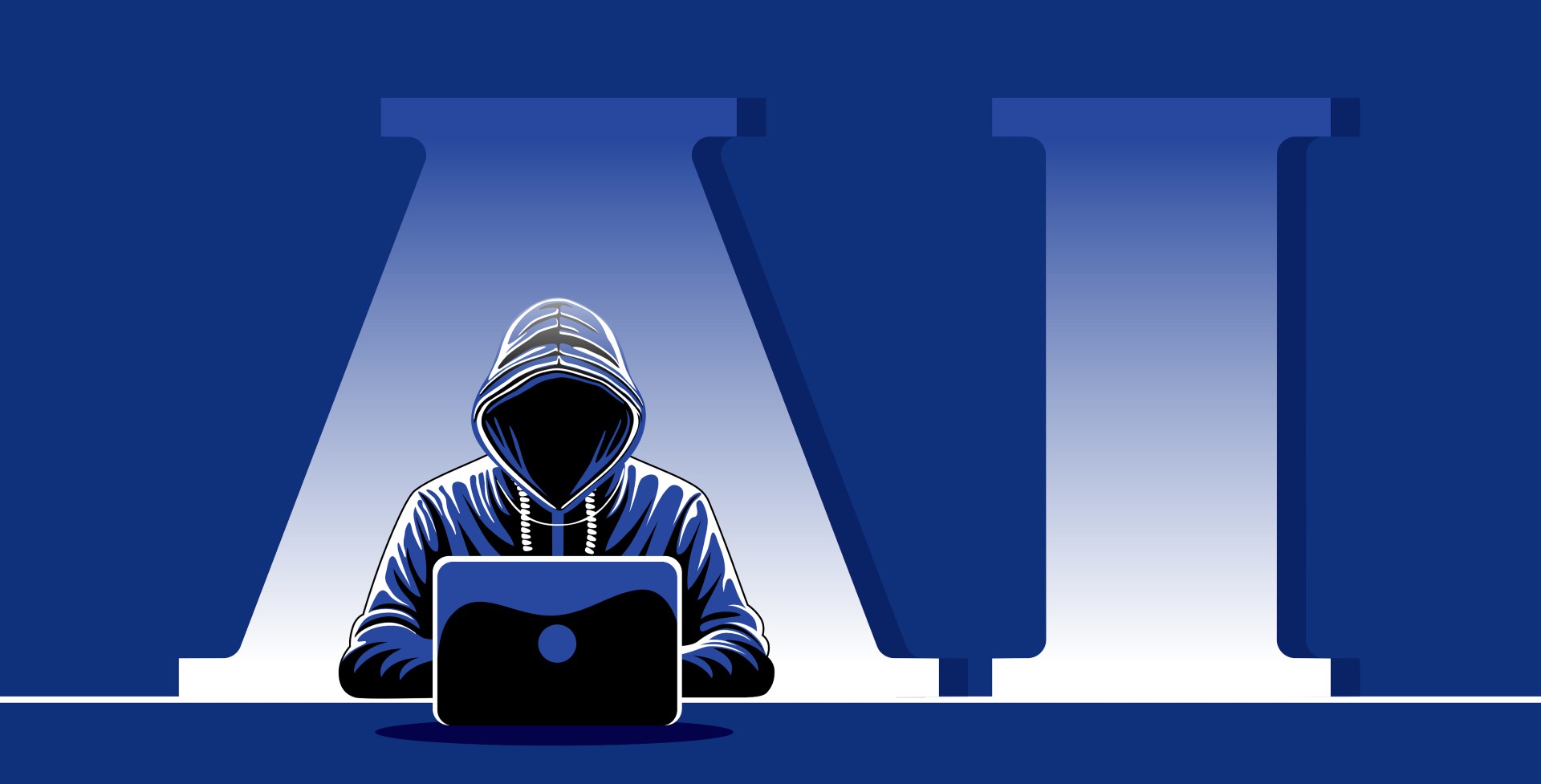 ‘Ghost students’ are stealing millions in student aid
‘Ghost students’ are stealing millions in student aidIn the Spotlight AI has enabled the scam to spread into community colleges around the country
-
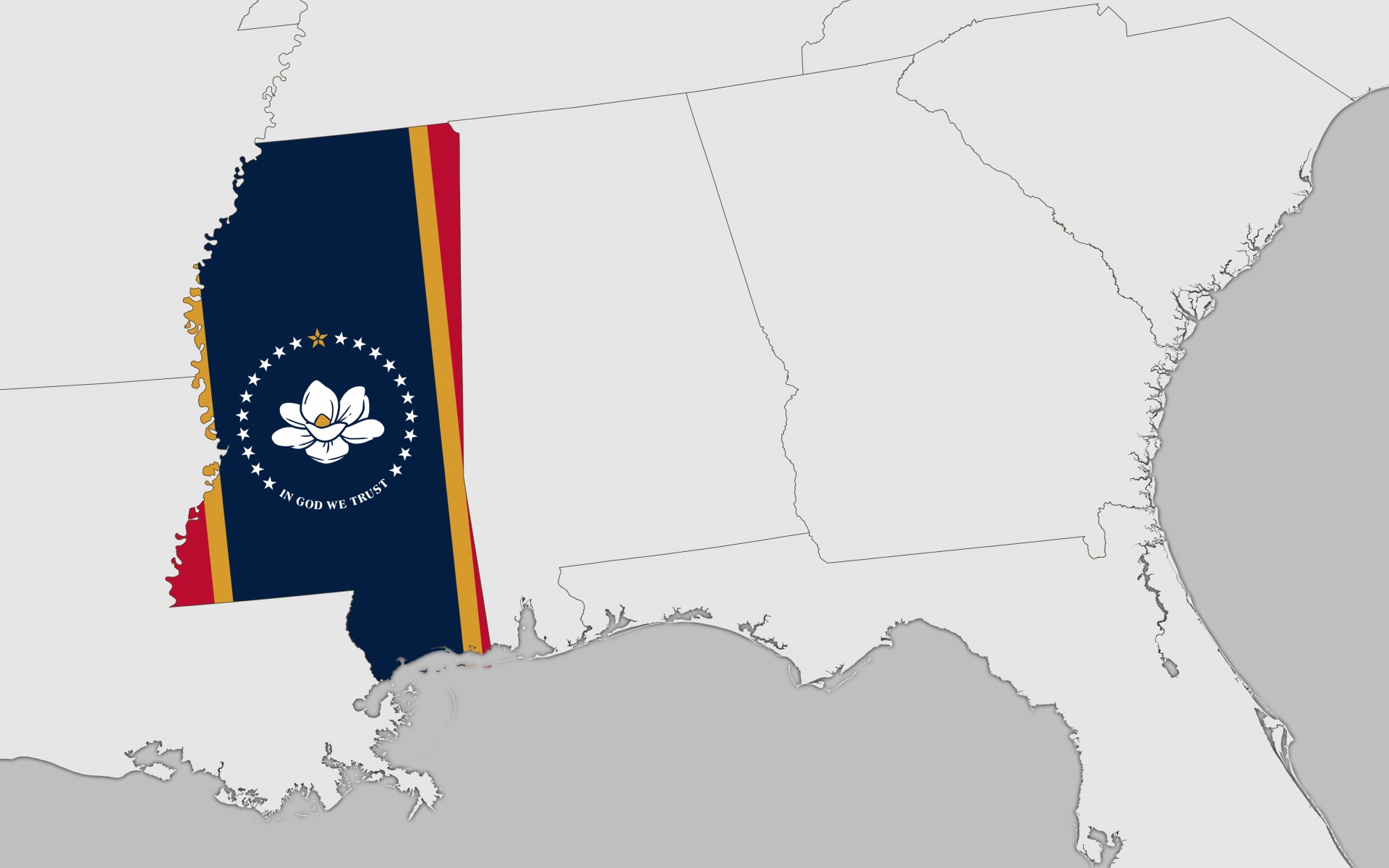 How Mississippi moved from the bottom to the top in education
How Mississippi moved from the bottom to the top in educationIn the Spotlight All eyes are on the Magnolia State
-
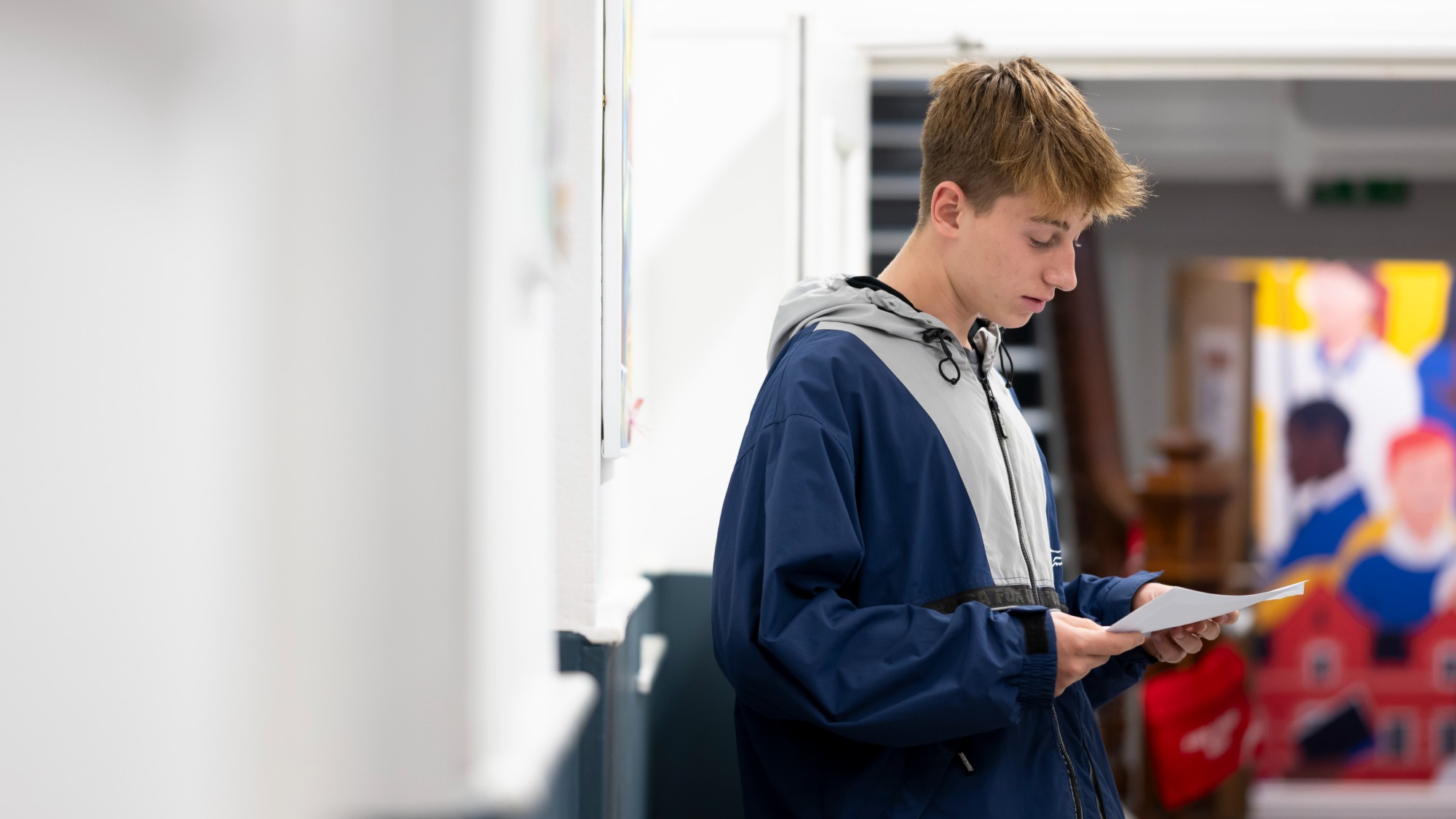 How will new V level qualifications work?
How will new V level qualifications work?The Explainer Government proposals aim to ‘streamline’ post-GCSE education options
-
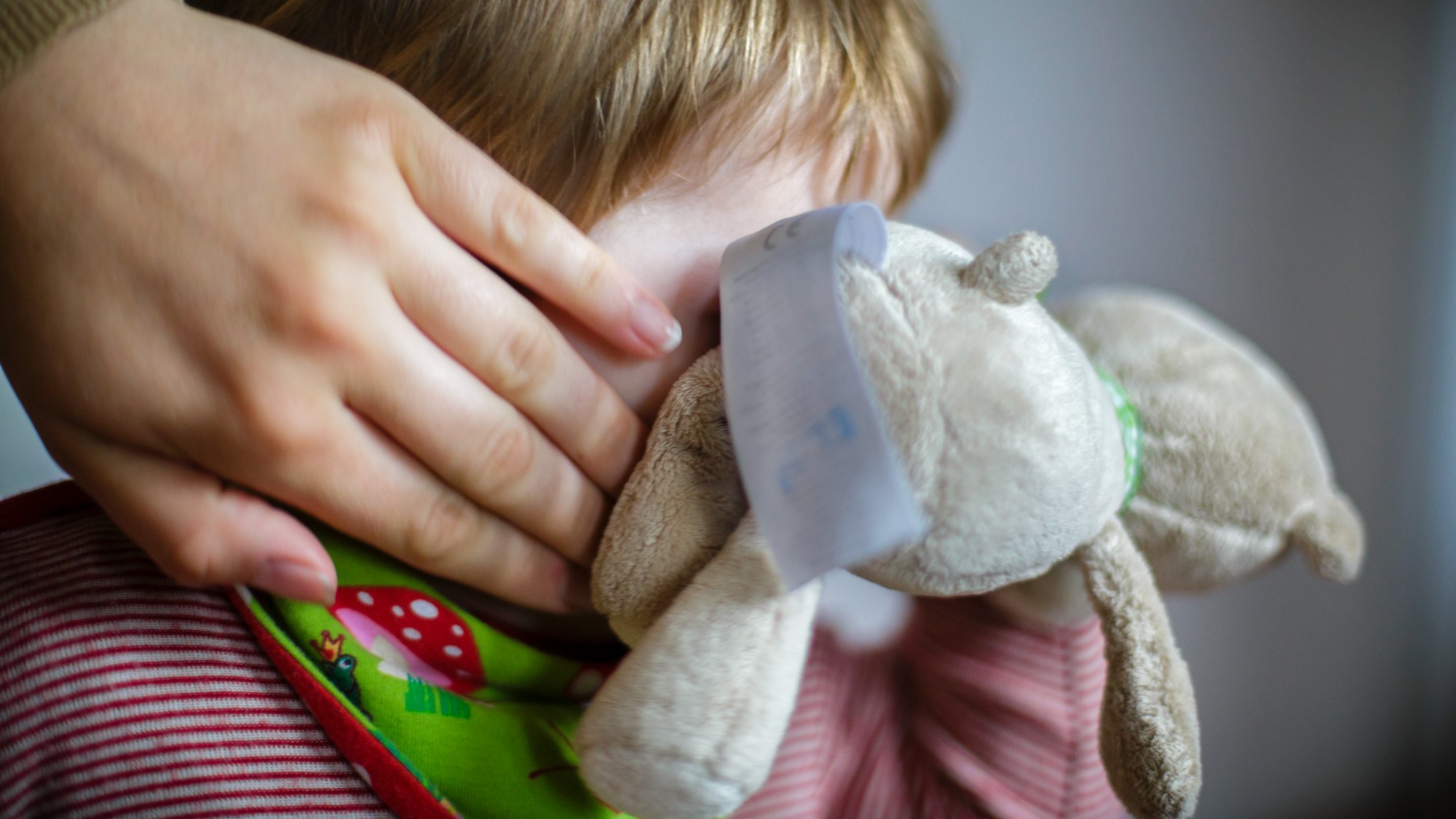 England’s ‘dysfunctional’ children’s care system
England’s ‘dysfunctional’ children’s care systemIn the Spotlight A new report reveals that protection of youngsters in care in England is failing in a profit-chasing sector
-
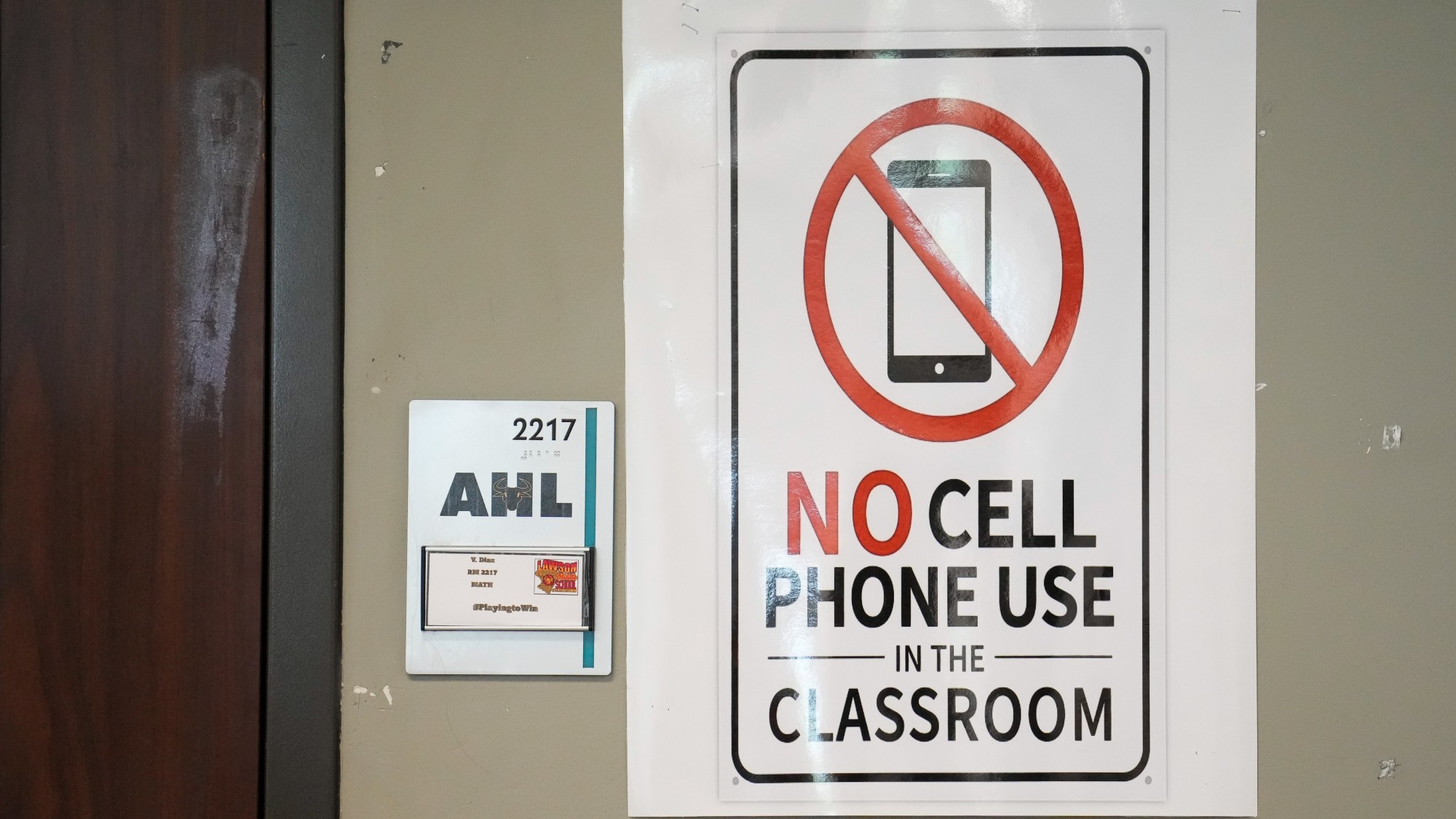 The pros and cons of banning cellphones in classrooms
The pros and cons of banning cellphones in classroomsPros and cons The devices could be major distractions
-
 School phone bans: Why they're spreading
School phone bans: Why they're spreadingFeature 17 states are imposing all-day phone bans in schools
-
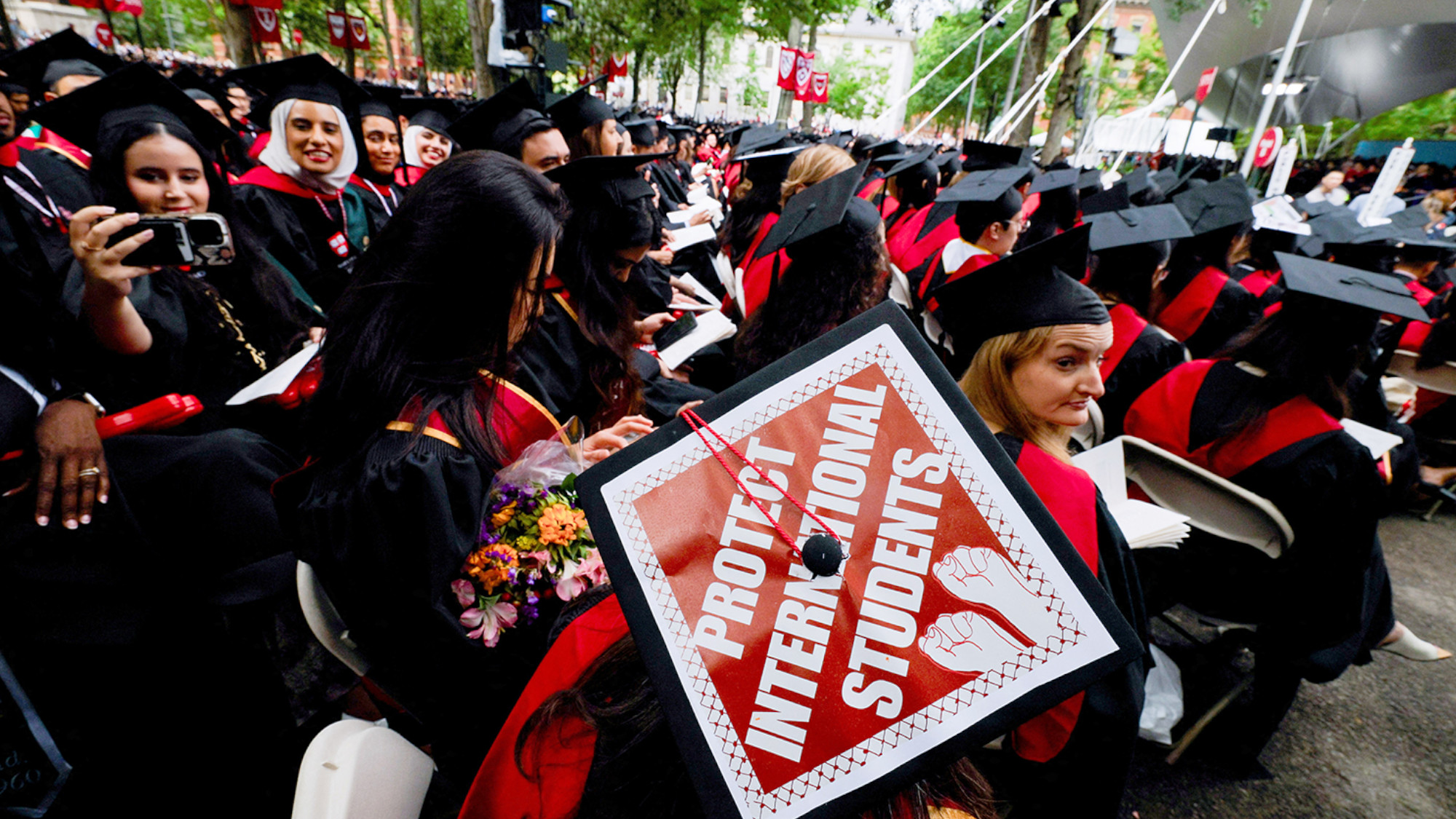 Education: America First vs. foreign students
Education: America First vs. foreign studentsFeature Trump's war on Harvard escalates as he blocks foreign students from enrolling at the university
